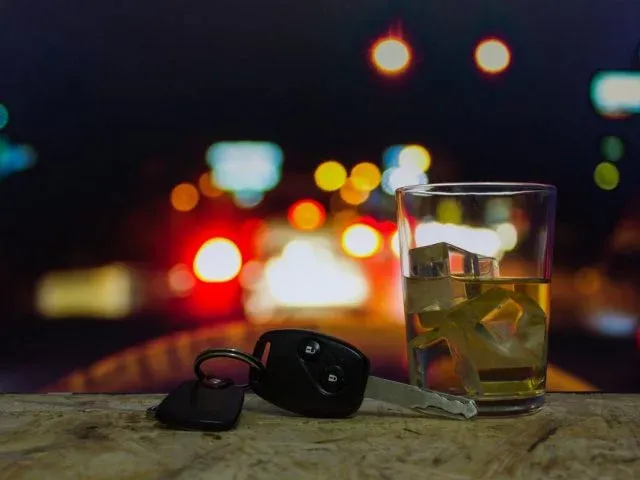Get a Free Consultation
(401) 324-2992
The Ultimate DUI FAQ
Aug, 29 2017

DUIs happen, but few people understand what a DUI means for you and your record. Whether you have a DUI offense or you’re just curious, there are a few things you should know. This DUI FAQ can explain everything that you should know about DUIs.
DUI FAQ’s
What’s the difference between a DUI and a DWI?
It should come as no surprise that one of the most common questions is the difference between these two terms. That’s why it ranks as our first question on this DUI FAQ.
Depending on your state, a DUI refers to drunk or impaired driving. The term is an abbreviation for “driving under the influence.” Meanwhile, a DWI refers to driving while impaired or intoxicated. Often, the terms are interchangeable. In some states, they also use the term OUI (operating under the influence) and DWAI (driving while ability impaired). All of these terms refer to the same act – driving under the influence of drugs or alcohol.
What does BAC stand for?
When you hear about DUIs, you often hear about BAC levels. It’s important that you understand what they are and how they can impact you. BAC is an abbreviation for blood alcohol content. When someone tells you your BAC, they’re telling you the percentage of alcohol in your blood. A high BAC means that you are drunk. Meanwhile, a low or no BAC means that you are sober.
If you’re curious what BAC can get you a DUI, there’s no easy answer. Each state has different laws. However, most states set the legal BAC at .08% or higher. If you have a BAC of lower than that, a police officer cannot arrest you. To determine your BAC, an officer could give you a breathalyzer or a blood test.
Your BAC matters in court. If you have an extremely high BAC, you could face severe penalties. However, other factors matter as well. If you’re underage, a low BAC could get you in legal trouble.
Does a DUI include drugs?
The term DUI doesn’t only refer to alcohol; it also refers to drugs. Whether you take illegal drugs or prescription pills, you might find yourself impaired by the medicine. Driving on drugs can cause a delay in your reaction time, blurry vision, sleepiness, and other harmful side effects.
DUIs involving drugs are different from those involving alcohol. For example, there is no standard impairment limit. Although there is no number that measures the legal limit, you can still face serious consequences for driving under the influence of drugs.
What happens during a DUI arrest?
A police officer might pull you over at a DUI checkpoint. Or, he might pull you over for suspicious driving. In either case, you may be at risk of facing DUI charges. It all starts with the arrest. Although the process varies depending on your location, there are a few things you can expect.
First, you can expect your vehicle to go to the impound lot. You can also expect to go into police custody. An officer will book you for DUI and may keep you for a short time, or until you can have an arraignment. Depending on your situation, you may need to pay a bail or bond before they release you.
If an officer arrests you, your license will be suspended temporarily. However, you may receive temporary driving privileges until your court date.
What is the penalty for a DUI?
This is another question on the DUI FAQ that depends on your location. Different states have different penalties. Additionally, the penalties can depend on your situation and how many prior offenses are on your record. However, there are a few common penalties. First, there are some hefty fines. A court can require you to pay hundreds of dollars in fines.
There are also the driving consequences. For example, you may have a suspended or revoked license. You will also get points and a conviction on your driving record. In some states, you need to install a costly ignition interlock device.
Finally, your DUI could result in years of jail time. Once again, it all depends on your situation. Some people only find themselves in an alcohol treatment center, but others find themselves in jail.
How can I fight a DUI charge?
Understanding how to fight a DUI is one of the most important questions in this DUI FAQ. There are many different ways that you can fight a DUI charge. However, it can be difficult to do. You need the help of a lawyer with experience. With his help, you have a chance at a better outcome. A lawyer may be able to prove that a police officer didn’t follow protocol. If that’s the case, a judge may throw out some of the evidence against you. This could mean great things for your case.
Another common tactic lawyers use in DUI cases is to dispute the evidence of a breathalyzer. There are many other ways a lawyer can stand up for you, but they all require the expertise of a DUI lawyer. Contact one to find out how he can help you.
The Ultimate DUI FAQ






